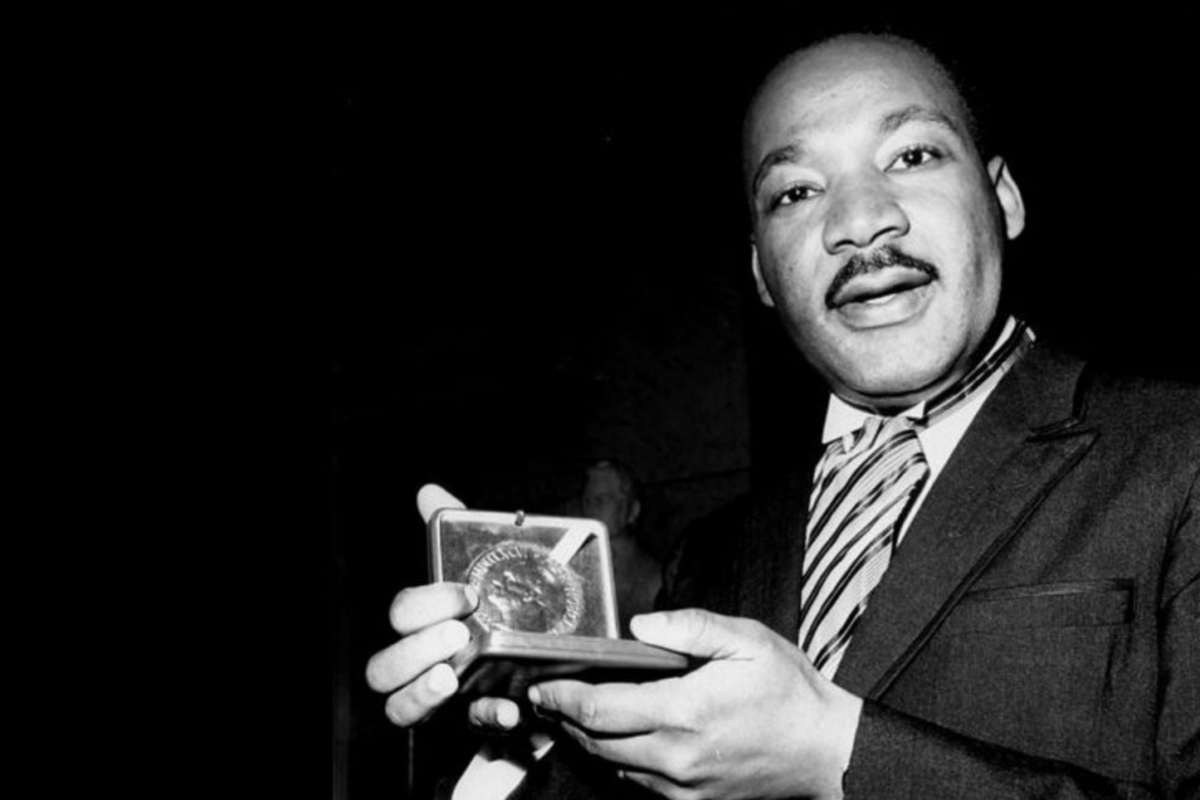The World Economic Forum launched a Lighthouse Programme in 2022 about Diversity, Equity and Inclusion (DEI). This was a big deal. There is almost no forum with more visibility and gravitas for something like this.
Yet, not even two years later, Minnesota Democratic Congressman Dean Phillips struck those words from the website for his primary campaign against President Biden shortly after receiving the endorsement of billionaire Bill Ackman, who has weighed in against DEI in a clash with Harvard.
Over a mere handful of months, DEI swung from global bandwagon to unwanted stepchild. It’s too soon to say if the tide is turning, but purpose is under pressure. Pressure means neither brands nor purpose are well-served. Recent tempests, like the Bud Light blow-up, have made brands cautious.
Because conflict is bad for brands. And for purpose. Anything not central to making money is always vulnerable. This is the Achilles’ heel of purpose layered onto brands. Fiduciary responsibilities make brands an inherently fickle friend, as we see right now. Under pressure, brands are breaking faith.
This is most evident in corporate communications, which stake out the playing field for a company’s brands. Tracking of earnings calls shows that the George Floyd incident in May 2020 sparked a three-fold rise in mentions of DEI or ESG (environmental, social, governance), the dominant categories of purpose. But since peaking in Q1 2022, mentions have dropped steadily, down 40 percent by Q2 2023. Add to this anecdotal reports of veiling DEI with pseudonyms.
The shift of corporate sentiment is also evident in hiring. DEI jobs listed on ZipRecruiter dropped 63 percent in 2023. The Supreme Court decision striking down affirmative action for university admissions has put companies on edge even more. It has long been impermissible to use race in hiring, advancement and salary. But legal risks for DEI initiatives related to recruiting, mentorship, fellowships, scholarships, accessibility and the like are less clearcut, even with reassurances from the EEOC.
Companies are becoming more circumspect about ESG, too. During Q2 2023 earnings calls, only 61 S&P 500 companies mentioned ESG, well down from 2021 when over 150 firms mentioned ESG in three of the four quarters that year. This is paralleled by a sharp drop in 2023 of net new deposits in sustainable investment funds.
Legal risks are growing with ESG. Some investor groups are bankrolling litigation over unfulfilled environmental pledges (with the upside of weeding out greenwashing). Not to mention complaints from nearly two dozen state attorneys general that ESG funds put social priorities above financial returns.
Notwithstanding these public pullbacks from purpose, surveys of executives find continuing interest in DEI and ESG. For every Bill Ackman or Elon Musk there is a Mark Cuban or a Larry Fink. Corporate leaders understand that purpose is critical for recruiting top talent and excelling at innovation and creativity.
Companies remain committed to purpose as an integral internal operating principle. Just less so when layered on for external marketing. As in Unilever’s message to investors late last year from its new CEO that it will stop “force-fitting” purpose to its brands.
While U.S. MONITOR finds seven in ten consumers want brands to reflect their values, consumers have become fatigued with purpose as a platform for brand advocacy. The direction of the marketplace reported in the 2024 U.S. MONITOR Outlook is a “selfward” turn, with more interest in self-care and less focus on the world at-large.
True even among younger consumers. A recent survey by Stanford researchers found “a significant drop in enthusiasm for ESG” among younger investors, with higher priority on returns.
A July 2023 CNBC survey found only 32 percent feel it’s appropriate for brands to take social stands. Among 18-to-34-year-olds, it was higher at 43 percent, yet this is way down from 62 percent in 2018 and 70 percent in 2019 for this age group.
Mind you, this is not to foreswear purpose altogether. Rather, it’s to remind us of management guru Peter Drucker’s observation that the most effective businesses are not focused on doing things right but on doing the right things. This encompasses values, too. When purpose is integral and built in from the get-go, it doesn’t have to be layered on in ways sure to backfire on both brands and purpose.
Contributed to Branding Strategy Insider By: Walker Smith, Chief Knowledge Officer, Brand & Marketing at Kantar
At The Blake Project, we help clients from around the world, in all stages of development, define and articulate what makes them competitive and valuable. We help accelerate growth through strategy workshops and extended engagements. Please email us to learn how we can help you compete differently.
Learn How To Build A Marketing System Designed Around How Shoppers Buy Today, Featuring Jon Davids.
Branding Strategy Insider is a service of The Blake Project: A strategic brand consultancy specializing in Brand Research, Brand Strategy, Brand Growth and Brand Education




